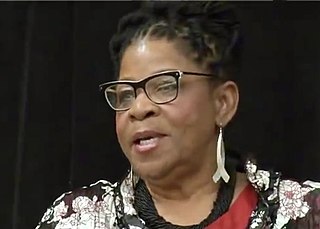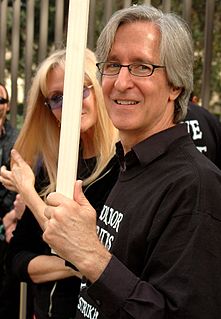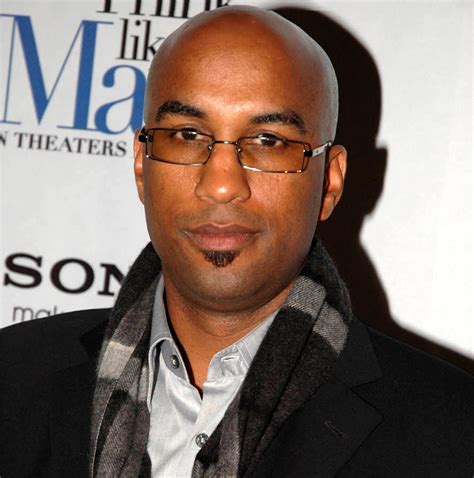A Quote by Carlton Cuse
When you're a storyteller, part of the process of storytelling is the kind of communion you form with the audience to whom you're telling your story. If some segment of the audience doesn't like that story, it doesn't feel good.
Related Quotes
I think that people have to have a story. When you tell a story, most people are not good storytellers because they think it's about them. You have to make your story, whatever story it is you're telling, their story. So you have to get good at telling a story so they can identify themselves in your story.
My theory for nonfiction is that nobody can be free of some kind of conceptions about whatever story they're writing. But if you can find a way to build those into the story, then the story becomes a process of deconstructing and heightening and sometimes changing those notions and that makes dramatic tension. The initial statement of your position, and then letting reality act on you to change it, is pretty good storytelling.
Any kind of sequence when you have to express physical space and time can be difficult to story-tell because, if you're sitting there watching it like it's a play or something, your mind can track what's going on, or if you're watching an actual fight you can kind of track what's going on, but as soon as you have to start telling the story and tracking for the audience, it becomes much more complicated.
Sometimes not honoring your character makes for really good television, but that also can really upset fans. You have to turn things upside sometimes. As a storyteller, you have to know that sometimes you're going to let your fans and the audience down because you have to do your part in servicing the story.



































